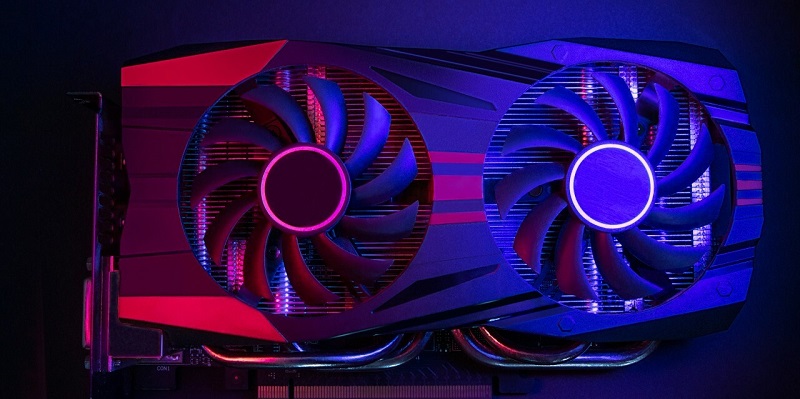The rumored Nvidia GeForce RTX 5090 is generating immense buzz in the tech industry, touted as the next-gen flagship graphics card from Team Green. Early whispers indicate that it could potentially outperform its predecessor, the already formidable RTX 4090, by nearly twice the speed. Let’s delve into the speculative details surrounding this behemoth and try to understand its potential impact on the market.
Unleashing Unprecedented Performance: The RTX 5090’s Powerhouse
Speculations abound regarding the immense power of the RTX 5090, with rumors suggesting a staggering 192 streaming multiprocessors, translating into an astonishing 24,576 CUDA cores. Such raw computational power is expected to revolutionize the realm of gaming, content creation, and professional applications.
Bridging the Memory Gap: Awe-Inspiring Bandwidth and Cache
The RTX 5090 is reportedly equipped with a memory bandwidth of 1,532 GB/s, implying lightning-fast data transfer rates. This monumental leap in memory speed promises to deliver unmatched performance across a wide range of tasks. Additionally, the rumored L2 cache size of 128MB further enhances overall system responsiveness and smoothness.
RTX 4090: A Glimpse of the Present Powerhouse
Diving into the present, the RTX 4090 reigns as the unassailable king in terms of market-leading performance. Its exceptional capabilities and unmatched power come at a considerable cost, making it the unattainable dream of many gamers and professionals alike. The question then arises: do we truly need more power?
Deciphering the Target Audience: Who Could Harness the RTX 5090?
With the impending release of an even more potent card, the question arises as to who would precisely benefit from the RTX 5090’s overwhelming capabilities. While it might find a suitable home in the hands of gaming enthusiasts and elite players seeking unparalleled performance, the reality is that these cards tend to be out of reach for the majority due to their astronomical price tags.
A Familiar Identity: RTX 5090 as the New Titan RTX?
Strikingly, the rumored specifications and market positioning of the RTX 5090 mirror the traits of Nvidia’s previous Titan RTX, a high-end graphics card tailored towards content creators and professionals. If these rumors hold true, we might witness a new Titan RTX in all but name, catering primarily to the creative professional lane.
Shift to the Creative Professional Lane: Returning to the Titan Legacy
If Nvidia indeed presents the RTX 5090, surpassing the already elite-tier RTX 4090 by a staggering 70% in terms of performance, it suggests a strategic move back to the realm of creative professionals. This shift aligns with the historical positioning of the Titan series, enabling artists, animators, and video editors to revel in unbridled power.
Gaming Gamut: Does the RTX 5090 Really Belong?
Now, the question arises: does it make logical sense to market a card of this magnitude to gamers, knowing that the majority will face insurmountable constraints in terms of accessibility? It seems highly unlikely. Consequently, shifting the spotlight to the Nvidia RTX 5080 as the new gaming flagship may provide a more viable solution that benefits gamers and enthusiasts.
Proposing the Nvidia RTX 5080: Balancing Power and Accessibility
By making the Nvidia RTX 5080 the standard-bearer for gaming, Team Green can ensure a high-performance graphics card that remains within reasonable reach for gaming enthusiasts and professionals. This move would bridge the notorious gap between power and affordability, enabling broader access to cutting-edge technology.
The Nvidia GeForce RTX 5090 represents a potential leap into the future, promising unrivaled performance and remarkable technological advancements. However, given its rumored pricing and overwhelming capabilities, it appears to be tailored primarily for the creative professional sector. Meanwhile, the proposition of the Nvidia RTX 5080 becoming the gaming powerhouse could be a win-win scenario, ensuring enthusiasts can embrace top-tier performance without breaking the bank.

